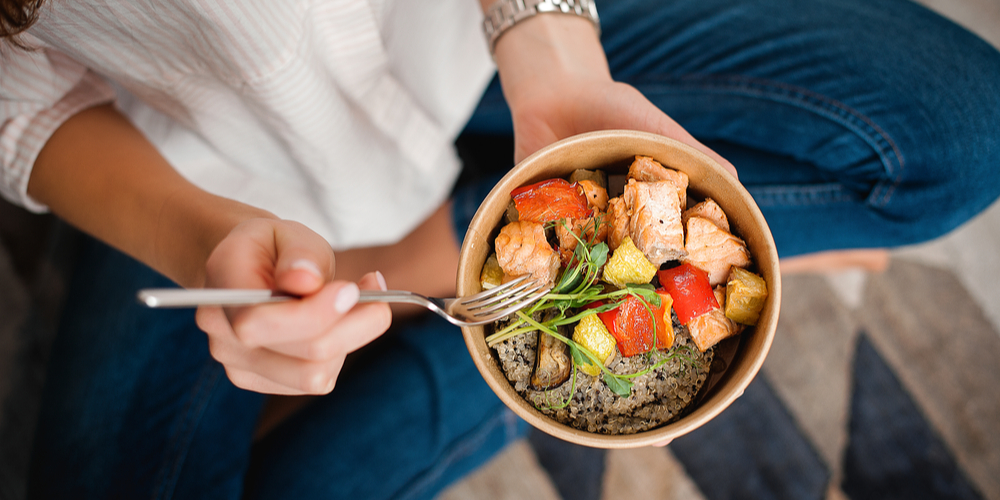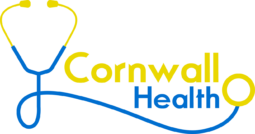
It is important to recognise the necessity for a well-balanced diet; this includes eating a variety of foods and taking in elements of all the food groups.
Complex or starchy carbohydrates should form the basis of your diet; these carbohydrates release energy slowly and can be found most commonly in bread, pasta and rice.
Simple carbohydrates are often high in sugar and provide a sugar fix; they do not however provide sustained energy and can be high in fat and bad for your teeth; it is advisable to limit the intake of these foods.
Fats should be moderated; especially saturated fats which are present in many processed and fried foods such as pastries, cheese and chips.
Proteins are essential for growth and repairing cells; protein-rich foods include fish, eggs and meat.
Proteins should form 10-15% of your daily intake of calories. Fruit and vegetables should be abundant in your daily diet; these foods contain a vast range of nutrients, vitamins and minerals and can contribute to an efficient immune system.
Cornwall and Scilly Isles culinary delights
Cornwall and the Scilly Isles are famous for offering a vast array of fresh fish and seafood.
Fish is low in fat, high in protein and has a high content of Omega 3; research has suggested that eating a lot of fresh fish can significantly reduce the likelihood of suffering from illnesses such as heart disease, strokes, asthma, diabetes and joint pain.
Research has also shown that those who regularly eat fish are less likely to develop Alzheimer’s and are more likely to have better eye sight later on in life.
Fish that are particularly high in Omega 3 fatty acids include salmon, tuna, scallops and sardines.
Fish is a versatile food, which can be accompanied by almost anything and cooked in a number of healthy ways; these include poaching, grilling and steaming.
Other kinds of seafood such as lobster, crab, mussels, prawns and oysters are also extremely low in fat and high in protein.
Make the most of local produce
Both Cornwall and the Isles of Scilly have active agricultural communities and there are several local farmers markets; eating local produce is a healthy option as it is often organic and fresh.
Fresh fruit and vegetables contain a plethora of nutrients, vitamins and minerals which all help to boost the immune system and contribute to healthy muscles, joints and organs.
Those who eat a lot of fruit and vegetables are likely to have a longer life expectancy and will benefit significantly in terms of their health; conditions such as heart disease, cancer and diabetes are considerably lower in those who have a healthy diet.
Fresh local meat is also available in abundance in this area; red meat is high in iron and protein, while white meat is low in fat and high in protein; it is advisable to limit your intake of red meat as excessive consumption can lead to increased cholesterol levels.
It is most healthy to eat meat which has been grilled or barbequed as no oil has been added.
A treat every now and then
The pasty is perhaps one of the most iconic symbols of Cornwall; however, it should be considered a treat and should only be eaten occasionally.
Pastry is high in saturated fat which can contribute to heart disease and high cholesterol. Pasties may also have a high salt content.
If you are having a pasty as part of your main meal you should try to eat vegetables as an accompaniment; this will ensure you get all the nutrients, vitamins and minerals your body needs.
